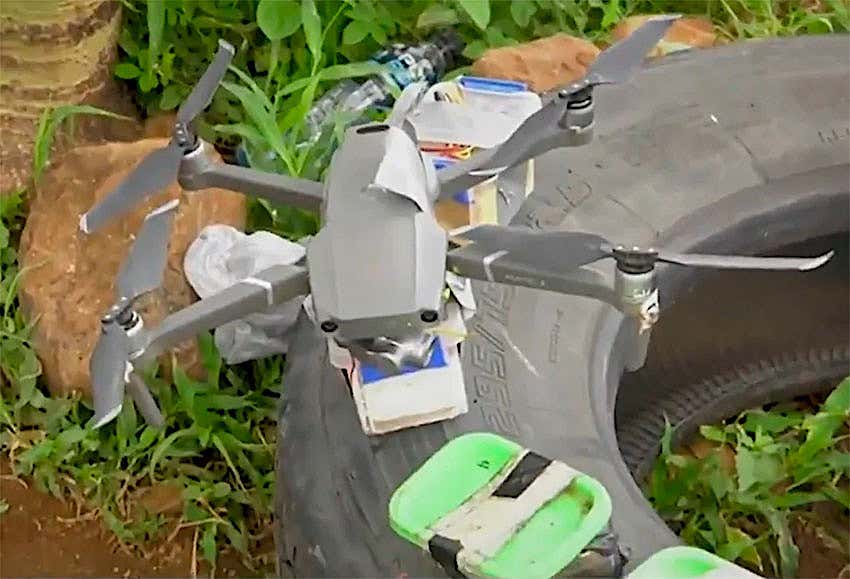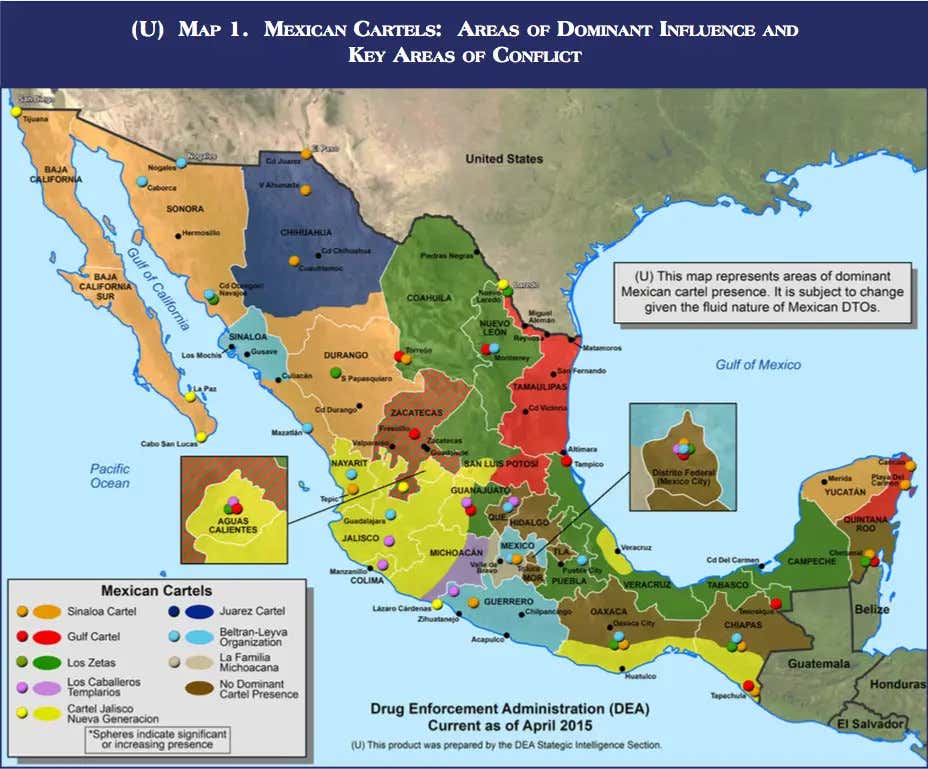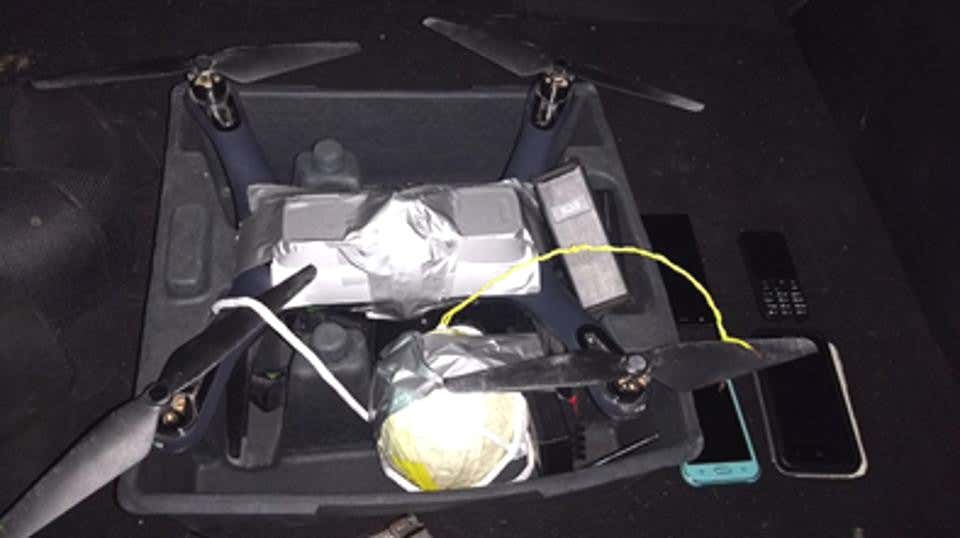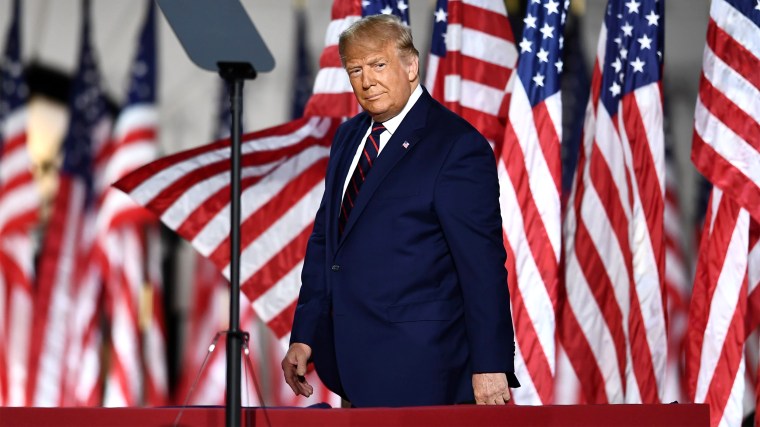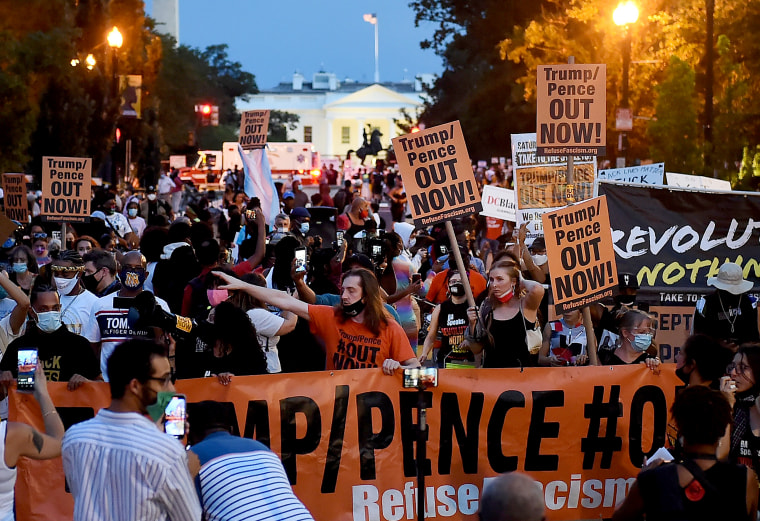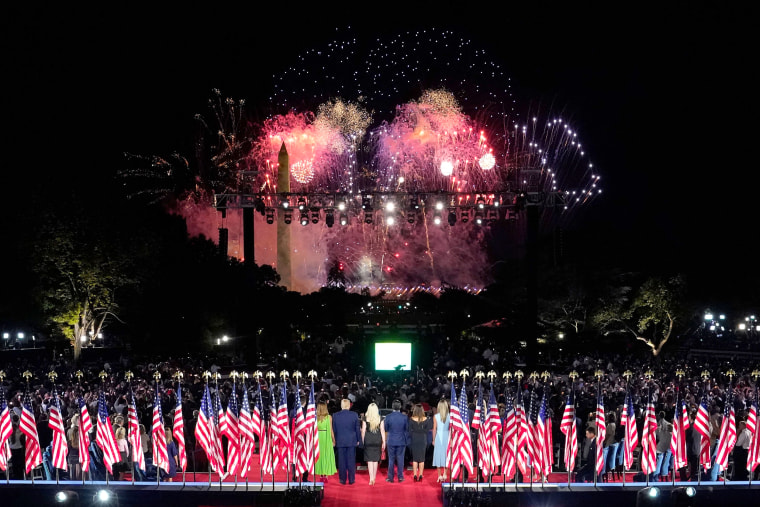(CNN)Democratic
presidential nominee Joe Biden on Monday condemned violence, looting
and property destruction during protests over racial injustice and
police brutality -- while saying President Donald Trump's refusal to
call on his own supporters to "stop acting as an armed militia in this
country shows how weak he is."
"I
want to be very clear about all of this: Rioting is not protesting.
Looting is not protesting. Setting fires is not protesting. None of this
is protesting. It's lawlessness, plain and simple. And those who do it
should be prosecuted," Biden said in a speech in Pittsburgh. "Violence
will not bring change, it will only bring destruction. It's wrong in
every way. It will divide, instead of unite. ... It makes things worse
across the board, not better."
He
said looting and property damage are a break with the tactics of civil
rights champions Martin Luther King Jr. and John Lewis, and "must end."
"We must not burn. We have to build," Biden said.
Content by CNN Underscored
The best office chairs of 2020
In
an effort to discover which office chairs are actually comfortable, we
spent more than a month testing 11 different options varying in price,
function and style.
He
said that "the violence we're seeing in Donald Trump's America" is
proof that the message of last week's Republican National Convention --
that Trump would seek "law and order," and that the looting and property
damage that has taken place in some cities would spread to the suburbs,
where Trump needs to win back White voters, if Biden is elected -- is
without basis in reality.
Biden
harshly condemned Trump's actions amid protests over police brutality
and racial injustice, saying that the President's job is to "tell the
truth, to be candid, to face facts, to lead, not to incite." He said
Trump is "incapable of telling us the truth, incapable of facing the
facts and incapable of healing. He doesn't want to shed light, he wants
to generate heat, and he's stoking violence in our cities."
Biden also mocked Trump's characterization of him.
"Ask
yourself: Do I look like a radical socialist with a soft spot for
rioters? Really?" Biden said. He said he wants a "safe America" -- a
country protected from the coronavirus pandemic, police brutality,
rioters and more. And he wants a country, he said, "safe from four more
years" of Trump.
"Do you really feel safer under Donald Trump?" Biden asked repeatedly throughout his speech.
He
added that Trump is "supposed to be protecting this country. But
instead he's rooting for chaos and violence," and is "trying to scare
America."
Biden cast himself as a
bridge between peaceful protesters who object to police violence that
disproportionately affects Black Americans and local elected officials
and law enforcement.
"I'm confident I can bring the police to the table, as well," Biden said.
The
speech comes at a fraught moment, ahead of Trump's Tuesday trip --
against the wishes of Wisconsin's Democratic governor, Tony Evers -- to
Kenosha, a city wracked with violence following the police shooting of a
29-year-old Black man, Jacob Blake, the property damage and looting
that followed, and the killing of two protesters there.
Trump
and the Republican Party last week closed a convention focused on the
theme of "law and order," painting a deeply distorted picture of cities
subsumed by street violence that would soon spread to the suburbs, where
he needs to rebuild his standing with White voters in order to defeat
Biden, if he does not win reelection.
The
political landscape in the wake of both parties' conventions is murky,
though polls this week could make clear whether Biden or Trump received a
substantial boost exiting the conventions and whether their content
changed the way Americans view issues such as police brutality, protests
and civic violence.
Trump appears
to be inciting unrest on Twitter, such as praising a convoy of
supporters heading into restive Portland, Oregon, as "Great Patriots."
He also "liked" a Twitter post encouraging people to read a thread of
tweets that in part praised Kyle Rittenhouse, a 17-year-old charged with
allegedly killing two protestors in Kenosha.
Biden's
return to the trail also comes after months in which he has seldom
traveled outside the Delaware and Philadelphia areas, with the pandemic
leading his campaign's health advisers to conclude that doing so wasn't
feasible.
He said he plans to
resume swing state travel soon, telling supporters at a recent virtual
fundraiser that Wisconsin, Pennsylvania, Arizona and Minnesota are
states where visits are in the works.
His
wife, Jill Biden, plans on Tuesday to kick off what the campaign is
calling a "back-to-school" combination of virtual and in-person events
in eight states -- Michigan, Wisconsin, North Carolina, Florida, Nevada,
Minnesota, Arizona and Pennsylvania -- that are all 2020 election
battlegrounds, though it's not yet clear how many of those states she
will visit in person.
This story has been updated with more from Biden's remarks.
